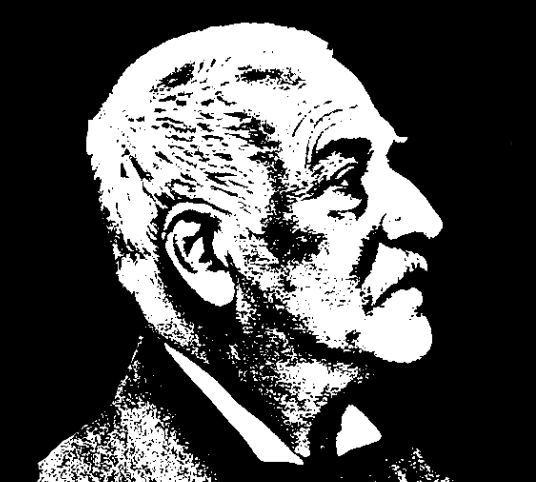Internally, the [ancient Greek] polis was implacable towards any individual who ceased to be totally absorbed in it. . . . The polis was completely inescapable. . . . The absence of individual freedom went hand in hand with the omnipotence of the State in every context. Religion, the sacral calendar, the myths — all these were nationalized, so that the State was at the same time a church, empowered to try charges of impiety, and against this dual power the individual was totally helpless. . . . In short, there could be no guarantees of life or property which could run counter to the polis and its interests.
Jacob Burckhardt, The Greeks and Greek Civilization, 1999, p. 57-8.
Although this enslavement of the individual to the State existed under all constitutions, it must have been at its most oppressive under democracy, where the most villainous men, ridden by ambition, identified themselves with the polis and its interests and could therefore interpret in their own way the maxim salus reipublicae suprema lex esto (‘let the safety of the Republic be the highest law’).
Categories
Jacob Burckhardt
